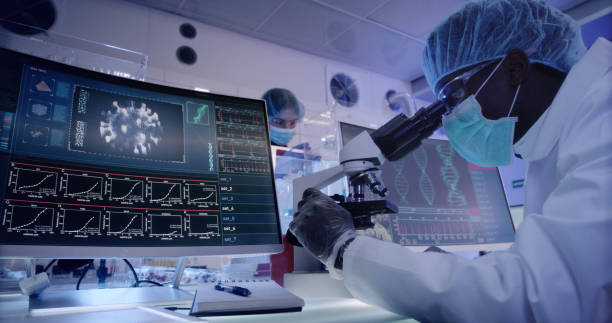The suspension of donor support for global health services by President Donald Trump of the United States, has unsettled sundry interventions worldwide especially in the developing regions as the US is a major donor to global health aids.
In response to the US decision, the WHO has already commenced cutting down its annual budget to reflect the new reality. Reports have it that the world health agency trimmed its annual budget for 2026/2027 from $5.3 billion to $4.2 billion which in contrast is lower than the 2024/2025 budget circle of $6.8 billion.
Consequently, Lifesaving medical treatments have been disrupted. There are fears of high risk of increased mortality due to halted cholera, malaria prevention services and HIV treatment.
No doubt, Nigeria, heavily reliant on donor funding for its healthcare system will feel the strain of the donor shortfall. Nigeria reportedly received $1.26 billion in donations from the WHO between 2016 and 2024. Out of the whole sum, the US contributed the highest. The US has also reduced its financial interventions to Nigeria through government agencies like the USAID, the US Centers for Disease Control and Prevention, and the US Trade and Development Agency.
These agencies provide funding for various healthcare programmes, including HIV/AIDS, disease outbreaks, and cancer treatment. They also provide infrastructure support and improve health systems.
Apart from U.S., the UK Foreign, Commonwealth & Development Office (FCDO) and some other countries have reportedly expressed their desire to cut down on foreign aid and focus on internal security.
This situation underscores the urgent need for Nigeria to look inward to address its healthcare challenges.
Unfortunately, Nigeria has failed to learn lessons from the COVID-19 pandemic. Western countries at that time refused to give the country access to the vaccines for many months. A deliberate policy to establish robust foundation for drug and vaccine production locally is imperative.
According to experts, Nigeria needs about $82 billion to plug the financial gap in the healthcare ecosystem. This calls for transformative approach to healthcare financing. Nigeria’s continued dependence on international aid risks keeping Nigeria perpetually subordinate to global agencies. This is dangerous.
To avert that, Nigeria must develop homegrown capacity for research and development, while revamping the healthcare system.
Healthcare should be prioritized without delay and accessible to all citizens. The donor aid suspension should be seen as an incentive for Nigeria to re-double its efforts to be creative in raising resources to boost its self-sufficiency in critical sectors, growth and development.
Indeed, Nigeria urgently needs to adapt to the suspension of foreign aids by diversifying funding sources, strengthening public health systems, fostering local ownership and exploring public-private partnership to mitigate the impact of the suspension.
While the Federal Government has recently exempted pharmaceuticals and raw materials for medicines from import duty, more must be done to cushion the effects of inflation, and high exchange rates to ensure affordable medicines for all.
Despite the government’s announcement of a stimulus package to revive the pharmaceutical sector in 2023, the industry continues to struggle. The government should incentivize pharmaceutical manufacturers, provide infrastructure support and grants, and encourage technology transfer to foster the development of homegrown pharmaceuticals.
Nigeria must commit to reducing import of its medicines needs in favour of locally manufactured drug products.
The exit of multinational pharmaceutical firms exposed gaps in local production. GlaxoSmithKline’s departure in 2023, after 51 years in Nigeria, left a void in the supply of critical medications. Other companies, including Sanofi and Pfizer, have scaled down operations, citing harsh economic conditions, unreliable power supply, and regulatory bottlenecks.
The five-plus-five validity policy of NAFDAC aimed at encouraging local manufacture of drugs and reducing reliance on imports is already attracting increased investment in the sector and could close the gap.
However, NAFDAC needs to do more to attract prospective investors and encourage the existing ones. There is the need for the food and drug agency in Nigeria to review its product registration template. The 240-working-day timeline which is nearly one year it takes the agency to approve registration of a product is worrisome and capable of discouraging genuine investors.
Finally, government should increase budgetary allocation to the health sector from the current 5.0 per cent in other to achieve a sustainable and resilient healthcare system.





